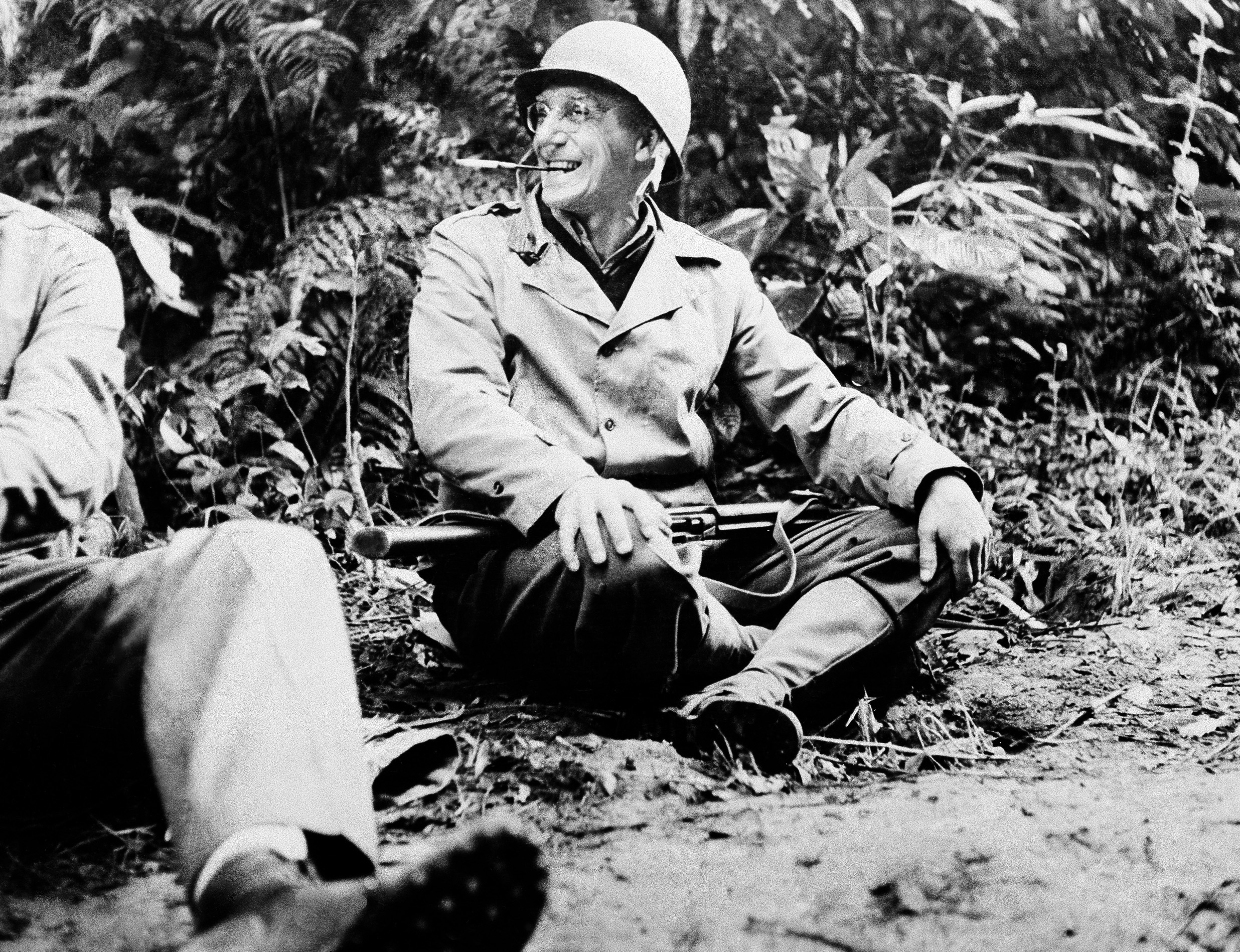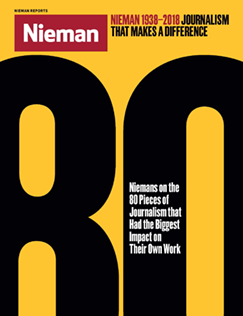
Lt. Gen. Joseph Stilwell, commander in chief of U.S. forces in India, Burma, and China, pauses for a smoke while on a tour of Burma in 1944
You don’t find books; books find you. That’s what essayist Joseph Epstein told us in our writing classes at Northwestern. All these years later, I still think he’s right. Barbara W. Tuchman’s “Stilwell and the American Experience in China, 1911-1945” found me in the late 1980s; it was the book that inspired me to sell nearly everything I owned and go to China, just to see it for myself. I became a China correspondent and it would be years before I would set foot in the United States again. As a biography, the Stilwell book is very good—it had news. Tuchman constructed a portrait of Stilwell gleaned from diaries and letters that had never been released. And the book was prescient. Tuchman laid out the mistakes that plagued America’s foray into China, from the hundreds of millions of dollars used to shore up its crumbling economy, to the senseless killing during the Rape of Nanking, to the Pentagon’s assurances to the American people that Chiang Kai-shek was a hero for the cause of freedom and democracy. But I only realized later that she was actually hinting at the debacle in Vietnam. The Stilwell book was published in early 1971, some six months before The New York Times released the Pentagon Papers revealing that the Johnson administration had systematically not told the truth, not only to the public but also to Congress, that the U.S. had played an active role in the 1963 overthrow and assassination of President Ngo Dinh Diem of South Vietnam, and that the bombing campaign in North Vietnam was not going nearly as well as advertised. Once that happened it changed how people viewed Tuchman’s book. It made them wonder how we could have learned so little from our history.


